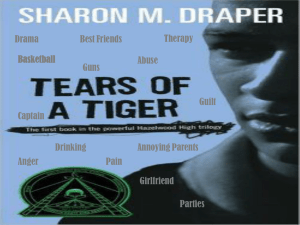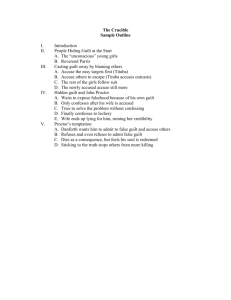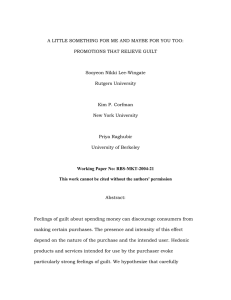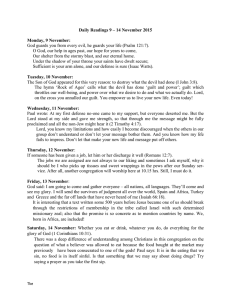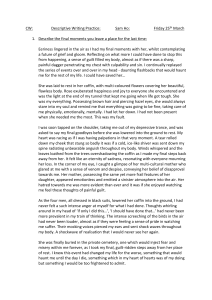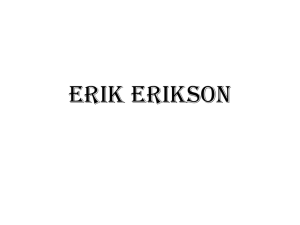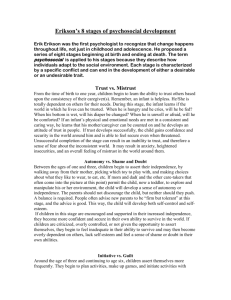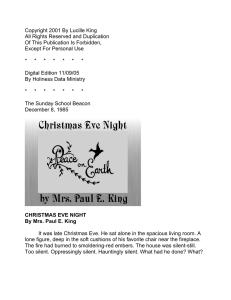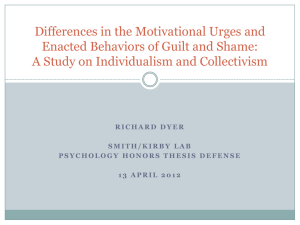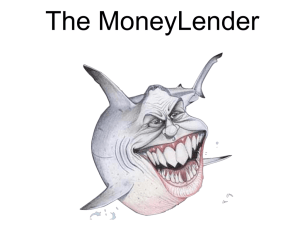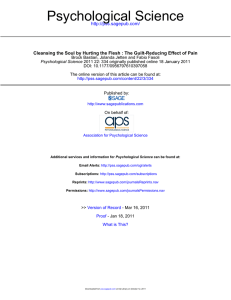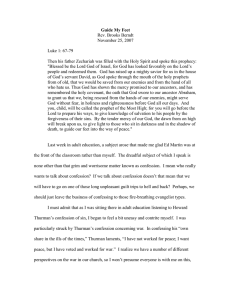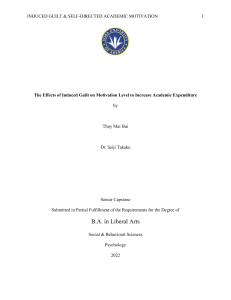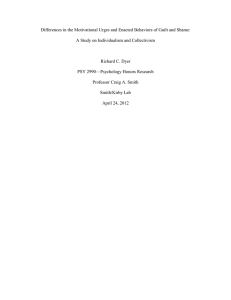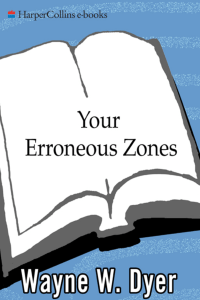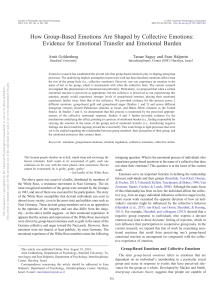SUPPLEMENTARY MATERIAL To: Brain Structure & Function
advertisement
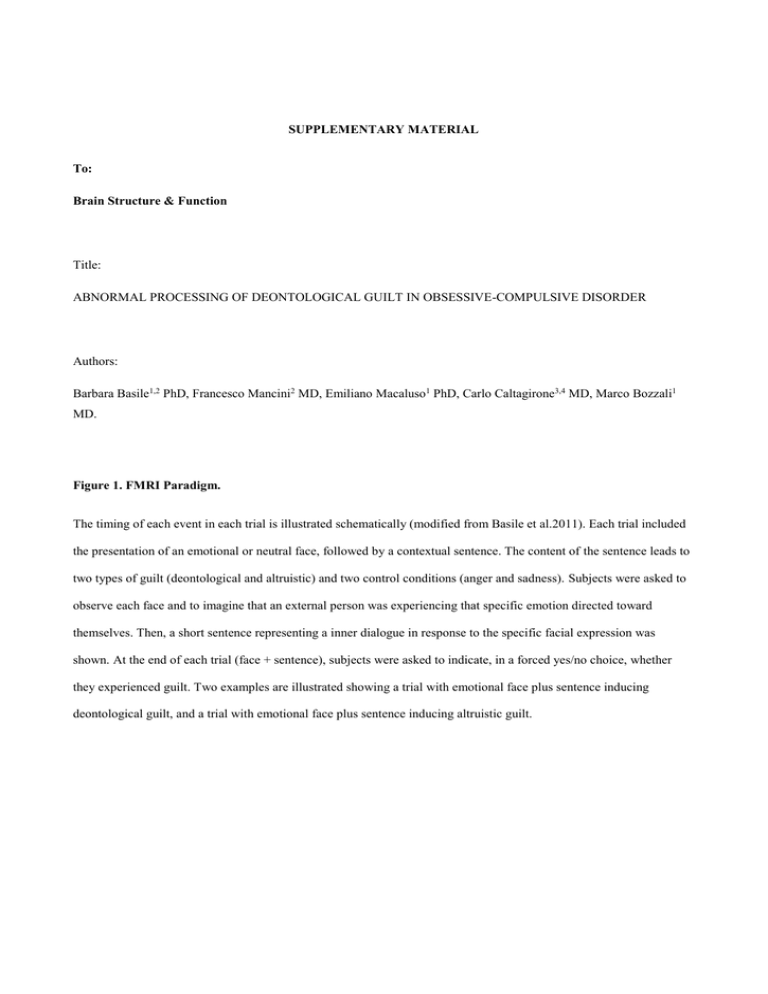
SUPPLEMENTARY MATERIAL To: Brain Structure & Function Title: ABNORMAL PROCESSING OF DEONTOLOGICAL GUILT IN OBSESSIVE-COMPULSIVE DISORDER Authors: Barbara Basile1,2 PhD, Francesco Mancini2 MD, Emiliano Macaluso1 PhD, Carlo Caltagirone3,4 MD, Marco Bozzali1 MD. Figure 1. FMRI Paradigm. The timing of each event in each trial is illustrated schematically (modified from Basile et al.2011). Each trial included the presentation of an emotional or neutral face, followed by a contextual sentence. The content of the sentence leads to two types of guilt (deontological and altruistic) and two control conditions (anger and sadness). Subjects were asked to observe each face and to imagine that an external person was experiencing that specific emotion directed toward themselves. Then, a short sentence representing a inner dialogue in response to the specific facial expression was shown. At the end of each trial (face + sentence), subjects were asked to indicate, in a forced yes/no choice, whether they experienced guilt. Two examples are illustrated showing a trial with emotional face plus sentence inducing deontological guilt, and a trial with emotional face plus sentence inducing altruistic guilt.
